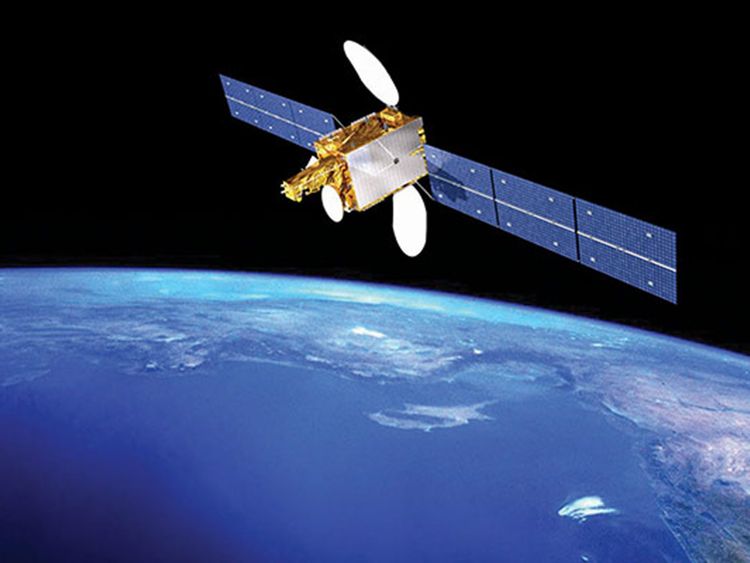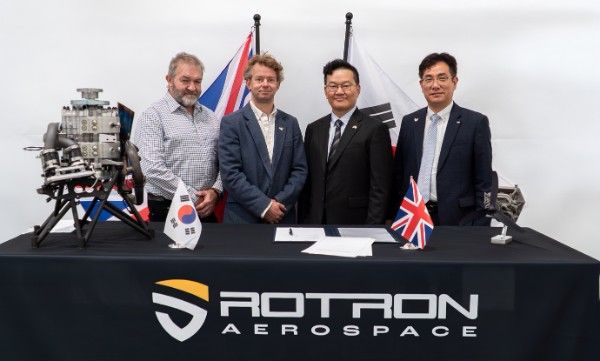In December 2023, Pakistan unveiled its first-ever National Space Policy, highlighting its profound determination to strengthen the space industry and build domestic capabilities in space-based technologies. The policy underlines socio-economic development and national security as key focus areas which largely align with the UN’s 2030 Agenda for Sustainable Development. The 2030 Agenda comprises a set of 17 interconnected objectives for sustainable development. Pakistan has adopted these SDGs as a part of its national development plan and formulated task forces to monitor the progress.
Under its national SDG framework, Pakistan aims to alleviate poverty, mitigate water scarcity, and combat environmental degradation, all while promoting climate resilience, ensuring food security, and building sustainable communities. However, due to its socio-economic and political conditions, Pakistan is lagging in achieving these objectives. The integration between the national space programme and the SDG Agenda presents a wide range of opportunities for scientific advancements and socio-economic development. Leveraging space-based technologies effectively can propel Pakistan towards attaining a substantial portion of all 17 SDGs by 2030.
Pakistan’s indigenous satellites, PRSS-1 and PakTES-1A, have significant applications in areas like disaster management, agriculture, water resource management, oceanic surveillance, geological prospection, and environmental monitoring.
In the agricultural sector, Pakistan is using space-based technologies to gather data on soil mapping, estimate crop areas, monitor crop growth, identify pests and diseases, monitor salinity conditions, and determine the risks of natural disasters. For example, under the AgriPak project, SUPARCO uses remote-sensing technology to identify and determine the most accurate and reliable areas for wheat production annually. However, the results are implemented at a limited scale as the majority of farmers still rely on traditional tools and methods.
A comparative analysis between SDGs and applications of space-based technologies shows that in the agricultural sector alone, space-based technologies can help Pakistan achieve SDG 2 (Zero Hunger), SDG 3 (Good Health and Well-being), SDG 8 (Decent Work and Economic Growth), and SDG 12 (Responsible Consumption and Production).
The application of space-based technologies also extends to natural disasters management and suitable climate action. Climate change has badly disrupted the natural cycle of glacier melts and monsoon rains in Pakistan. Under the National Disaster & Risk Management Fund, Pakistan is developing a Natural Catastrophe Model (NatCat) for the timely prediction and assessment of natural disasters, vulnerability, and probable financial damage. A spatial database would enhance the national climate resilience by efficiently managing floods, droughts, and other natural disasters.
Moreover, space-based technologies can be utilised for water resource management. According to Pakistan’s Council of Research in Water Resources, water scarcity is likely to reach a high-risk level by 2025, leading Pakistan to become the most water-stressed country in South Asia by 2040. Remote sensing satellites can play an advantageous role in providing real-time information on the rate of glacier melts, the capacity of water bodies, and other indicators necessary to build adequate water capacity.
In the natural disaster and water resource management sectors, space-based technologies can contribute towards SDG 6 (Clean Water and Sanitation), SDG 7 (Affordable and Clean Energy), SDG 13 (Climate Action), SDG 14 (Life below Water), and SDG 15 (Life on Land).
Furthermore, the increasing population and rural-to-urban migration have created significant challenges for cities already suffering from poor urban services, like clean water supply, sewerage and waste management systems, and public transport. Space-based technologies have instrumental applications in smart urban planning as they can help analyse urban growth patterns and design sustainable cities. They can help fulfill SDG 11 (Sustainable Cities and Communities) and pave the way for SDG 1 (No Poverty), SDG 10 (Reduced Inequalities), and ultimately, SDG 17 (Partnerships for the Goals) on both national and international levels.
However, to utilise space-based technologies to their maximum potential, Pakistan needs to overcome several challenges. Firstly, Pakistan faces economic constraints, political instability, organisational bottlenecks, and international sanctions. These factors largely hinder the use of space technologies for socio-economic development. Pakistan needs to work towards focused diplomacy to get SUPARCO out of the US Entity List to eliminate technology export restrictions and sanctions. Pakistan must also establish a highly integrated “technology-strategy” think tank consisting of strategists, technology experts, military planners, and the private sector. This way, Pakistan can generate massive returns through its limited resources and moderate investment from the private sector.
Secondly, the National Space Policy does not provide the structure for the space programme or any regulatory framework for its effective governance. The government should work towards formulating a comprehensive regulatory framework as it would build trust between the government and private sector for cooperation in the space programme. It would also encourage domestic stakeholders to invest in space technology and enhance the attractiveness of foreign investments.
Thirdly, Pakistan lacks international partnerships in the area of space cooperation. The country should work towards expanding its external outreach in space, especially with China to harness advanced space capabilities for swift progress.
Overall, there is a huge potential in Pakistan to utilise space technologies for its socio-economic development. Through focused diplomacy, regulatory framework, and stronger international cooperation, the National Space Policy can act as an effective tool to steer the country towards achieving sustainable development and keeping pace with global space ventures.
Table of Contents
ToggleMaheera Munir
Maheera Munir is a researcher at the Centre for Aerospace and Security Studies (CASS), Lahore, Pakistan. She can be reached at info@casslhr.com.












